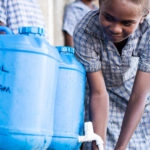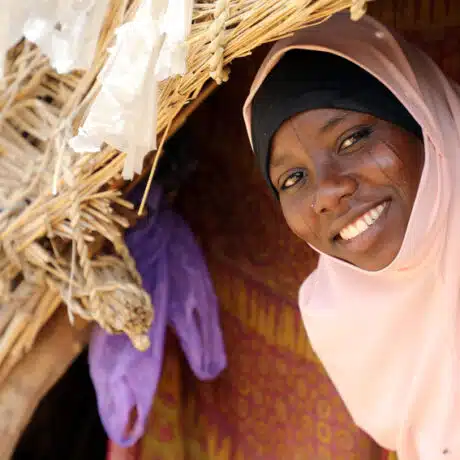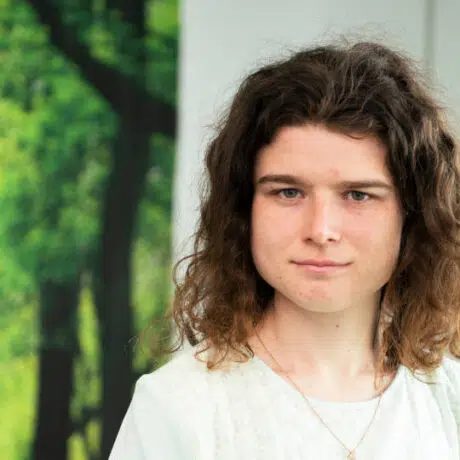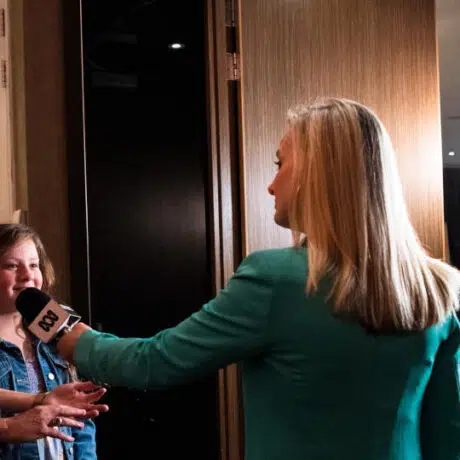News and Stories - Girls Rights - 16 November 2020
We’re the charity for girls’ equality – but what about boys?

You may have noticed that over the last few years, Plan International Australia has honed its focus onto girls’ rights, alongside our broader work for child rights. And at times, it may have raised a few questions for you – has Plan International Australia changed? Has this affected the programs you support? And what does this all mean for boys?
In 2019, thanks to the generous support of donors like you, Plan International impacted the lives of approximately 22 million girls and 19 million boys – that’s over 40 million children around the globe.
Our mission is to advance the rights of all children, to achieve equality for girls. We believe a better world is possible. An equal world, one where all children can live happy and healthy lives, and where girls can thrive. And this is the world you are helping us create.
We aim to take a holistic approach in all of our programming – so we can create the greatest of impact for everyone.
Take Plan International’s School Feeding program in Cambodia for example; we know that when there are food shortages, girls are often the ones that miss out, or are fed least and last.
When, too weak and unwell to attend school, they either miss class or are pulled out of school altogether, to help with domestic chores while their parents work to scrape enough money together for food. Boys’ education, on the other hand, is often prioritised.
Through the School Feeding program, Plan International provides hot meals for all students. We do not discriminate based on gender – but because girls face greater barriers to education, the impact of the program ultimately makes the greatest difference to their chances of staying in school during food shortages.
We are ‘the charity for girls’ equality’ but our work encompasses the whole community.
Not only do our programs work with boys and girls, providing access to services that support them through emergencies, conflicts, poverty, violence, abuse, or exploitation – our programs also help to create healthier attitudes and understandings, to help challenge the gender norms that hold everyone back.
We work to bring about change in the way communities view women and girls; in how men and women relate to one another; and to encourage all people to challenge the gender stereotypes and inequalities that prevent them from realising their full potential.
Gender inequality may disproportionately affect women and girls, but it also directly impacts men and boys too. No boy should feel he has to live up to a certain image or behaviour, to fulfil the stereotype of what it means to be a man.
Our commitment to girls is never to the exclusion of boys or men. In fact, it’s the very opposite.
Our work is challenging norms so that everyone is able to pursue their dreams and reach their full potential, regardless of their gender.
Through this approach, the boys and men in our programs don’t just understand gender equality as a way to improve the lives of women and girls in their family and communities – they understand that gender equality has positive impacts for them too.
The social norms that discourage men from expressing attitudes or pursuing opportunities that are traditionally viewed as ‘feminine’, are ultimately harmful to their wellbeing. These norms can also discourage fathers from taking an active role in childcare, and this undermines their ability to develop positive family relationships. Men can also be discouraged from expressing emotional vulnerability for fear of appearing ‘unmanly’– which can be an isolating experience that compromises their mental health. This is why we’re committed to improving the lives of men and boys by supporting them to reimagine what it means to be a man, so they have every opportunity to reach their full potential.
This kind of programming is complex, but its goal is to create gender equality for all people around the world. One of the most effective ways to achieve this goal is by addressing the unique barriers and challenges that prevent girls and women from reaching their full potential – and the positive roll-on effects from this have the potential to impact all aspects of international development.
Girls and young women deserve equality in their own right, so they can achieve their full potential.
And when girls are educated, empowered and supported, their entire family and community also benefits, including men and boys. Because a better now for her, means a better future for everyone.
What about children and young people with a diverse range of gender identities and sexual orientations?
We know that people can experience exclusion and discrimination from multiple factors such as their gender identity, sexual orientation, disability, race, ethnicity and age. This is particularly the case, when a person does not fit into the dominant identity groups in society, which can then impact on how they interact and on how they are perceived in society.
This is why the focus of our gender and inclusion work has the wellbeing of all people in mind.





